Soviet actor
"Building merit for the country" three medals
Directly affiliated to the Ministry of Culture of Russia
World-renowned Russian Ballet Troupe
A collection of international ballet stars in China
Relive the classic drama of centuries immortality and appreciate the ballet myth that never ends.
The classical ballet "Swan Lake" is a bright pearl in the crown of ballet art, and is the "favorite" of ballet lovers all over the world. In 1876, Tchaikovsky created the immortal "Swan Lake" dance music. In 1895, "Swan Lake" co-directed by Pyatipa and Ivanov, premiered by the Ballet of the Mariinsky Theatre in St. Petersburg, Russia. The whole drama was a great success. As a manifestation of respect and respect for the Russian ballet predecessors, it will present the most classic version to the audience. The artistic director of the troupe, Gorjeev Fojslav, is fully dedicated to the beauty of the classic version, while giving the sense of the times. The sense of the times is reflected in the actors of the dance troupe. The main actors who play the prince and the swan are the winners of the international ballet competition. They are not only young but also inherit the tradition of Russian ballet. As the inheritors of "Swan Lake", they naturally also give the role of contemporary understanding.
Listen to the music chapter that shocks the soul. Taste the enduring cultural feast
"Swan Lake" music was written in 1876 by the great Russian composer Pyotr Ilyich Tchaikovsky (1840–1893), and many of the pieces became classics. In his dance drama, music is an important part of the close connection between the content of the work and the action of the stage. Tchaikovsky improved the expressive power of the dance music, and deepened the drama of the work through the symphonic development and the portrayal of the character. In "Swan Lake", he expresses the poetic mood with a romantic and lyrical brushstroke. He portrays the protagonist's beautiful and pure character and his loyal love. He is like a sobbing pipe, expressing Ogilta. The princess's pure inner world; there are also gorgeous and clear dance music, showing the sunshine and vitality of Prince Zigfried. At the same time, the contradictory conflicts of hostile forces are depicted in the majestic drama power. The music of "Swan Lake" is like a lyrical poem with a romantic color. Each piece of music has excellently completed the writing of the scene and the promotion of the contradiction of the drama, as well as the character and inner characterization of each character.
Although Swan Lake is presented in many different versions, most ballet companies base their stagings both choreographically and musically on the 1895 revival of Marius Petipa and Lev Ivanov, first staged for the Imperial Ballet on 15 January 1895, at the Mariinsky Theatre in St. Petersburg. For this revival, Tchaikovsky's score was revised by the St. Petersburg Imperial Theatre's chief conductor and composer Riccardo Drigo.
During the late 1880s and early 1890s, Petipa and Vsevolozhsky discussed with Tchaikovsky the possibility of reviving Swan Lake. However, Tchaikovsky died on 6 November 1893, just when plans to revive Swan Lake were beginning to come to fruition. It remains uncertain whether Tchaikovsky was prepared to revise the music for this revival. Whatever the case, as a result of Tchaikovsky's death, Drigo was forced to revise the score himself, after receiving approval from Tchaikovsky's younger brother, Modest. There are major differences between Drigo's and Tchaikovsky's Swan Lake score. Today, it is Riccardo Drigo's revision of Tchaikovsky's score, and not Tchaikovsky's original score of 1877, that most ballet companies use.
In February 1894, two memorial concerts planned by Vsevolozhsky were given in honor of Tchaikovsky. The production included the second act of Swan Lake, choreographed by Lev Ivanov, Second Balletmaster to the Imperial Ballet. Ivanov's choreography for the memorial concert was unanimously hailed as wonderful.
The revival of Swan Lake was planned for Pierina Legnani's benefit performance in the 1894–1895 season. The death of Tsar Alexander III on 1 November 1894 and the ensuing period of official mourning brought all ballet performances and rehearsals to a close for some time, and as a result all efforts could be concentrated on the pre-production of the full revival of Swan Lake. Ivanov and Petipa collaborated on the production, with Ivanov retaining his dances for the second act while choreographing the fourth, with Petipa staging the first and third acts.
Modest Tchaikovsky was called upon to make changes to the ballet's libretto, including the character of Odette changing from a fairy swan-maiden into a cursed mortal woman, the ballet's villain changing from Odette's stepmother to the magician von Rothbart, and the ballet's finale: instead of the lovers simply drowning at the hand of Odette's stepmother as in the original 1877 scenario, Odette commits suicide by drowning herself, with Prince Siegfried choosing to die as well, rather than live without her, and soon the lovers' spirits are reunited in an apotheosis. Aside from the revision of the libretto the ballet was changed from four acts to three—with act 2 becoming act 1, scene 2.
All was ready by the beginning of 1895 and the ballet had its première on Friday, 27 January. Pierina Legnani danced Odette/Odile, with Pavel Gerdt as Prince Siegfried, Alexei Bulgakov as Rothbart, and Alexander Oblakov as Benno. Most of the reviews in the St. Petersburg newspapers were positive.


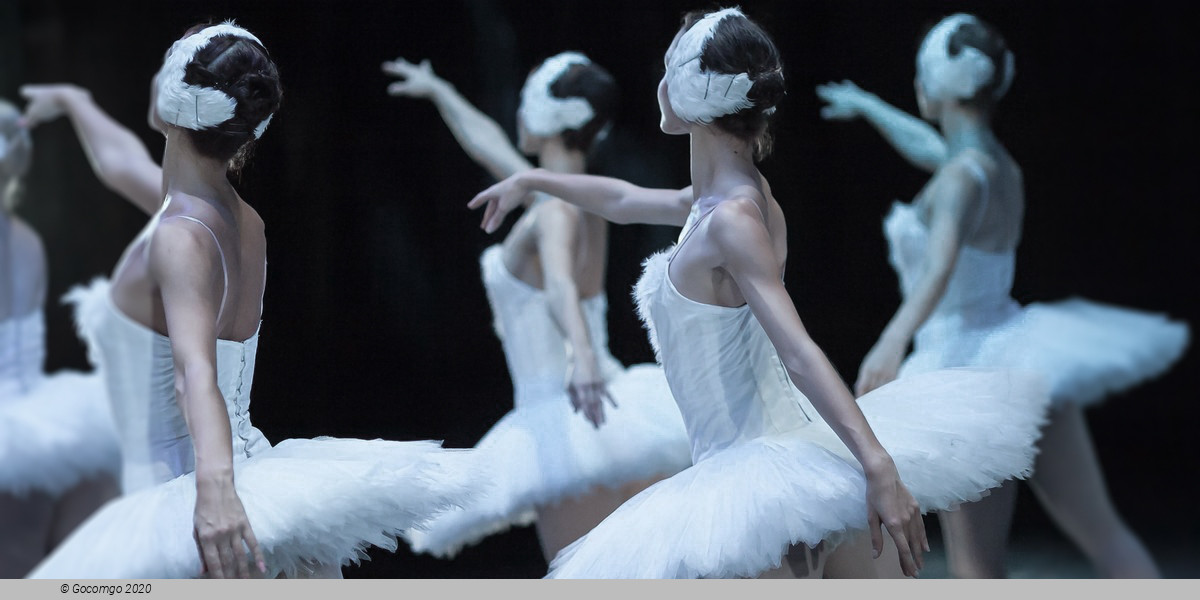
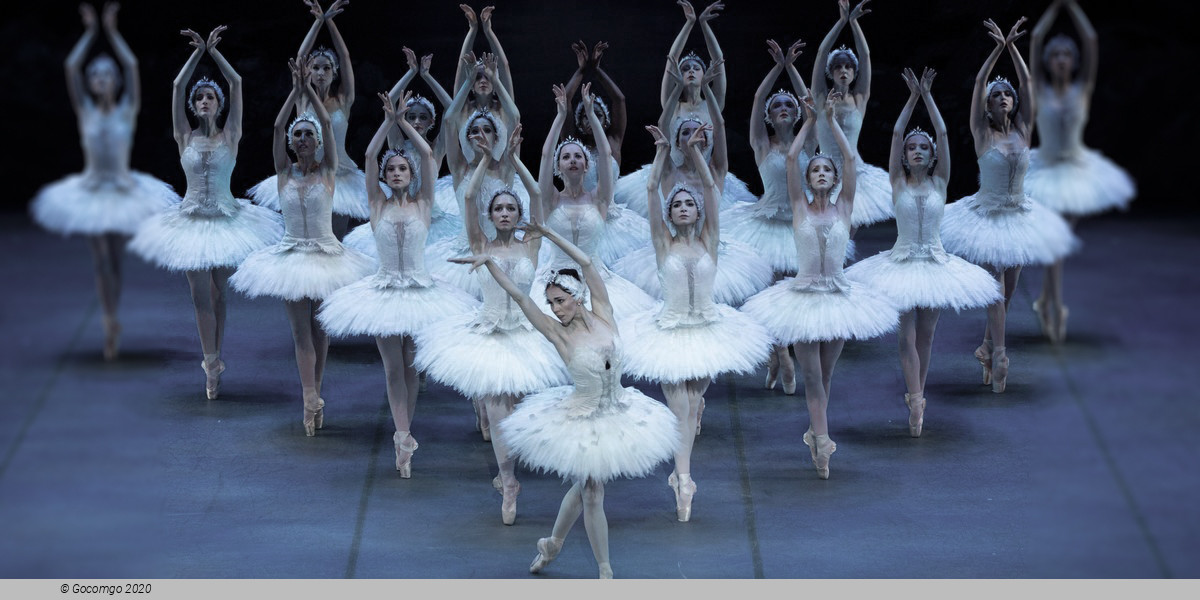
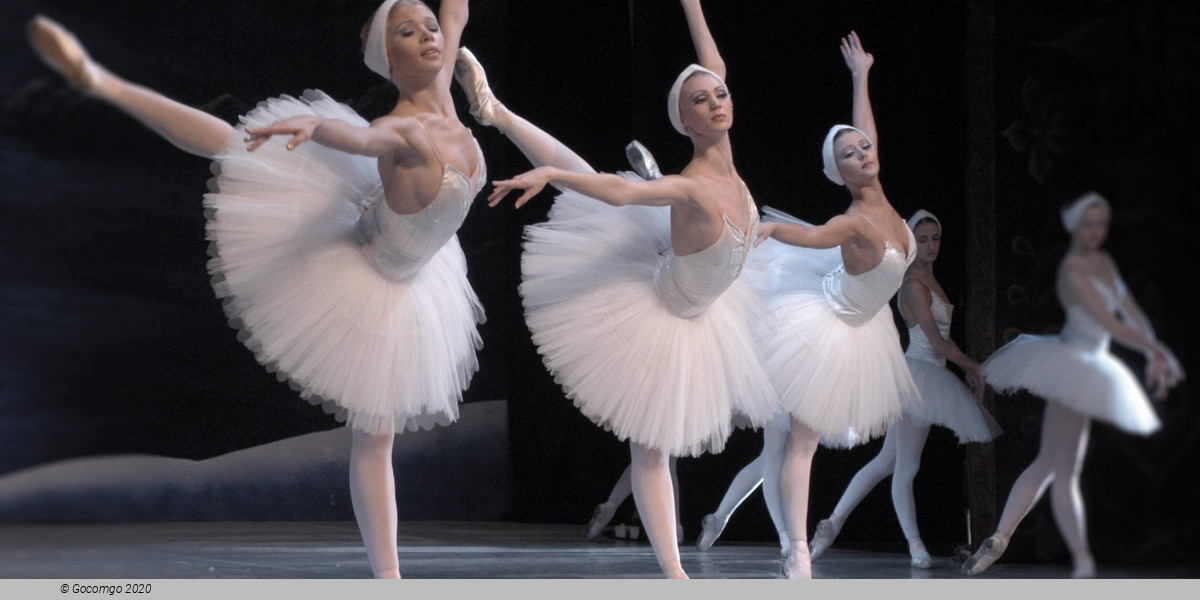
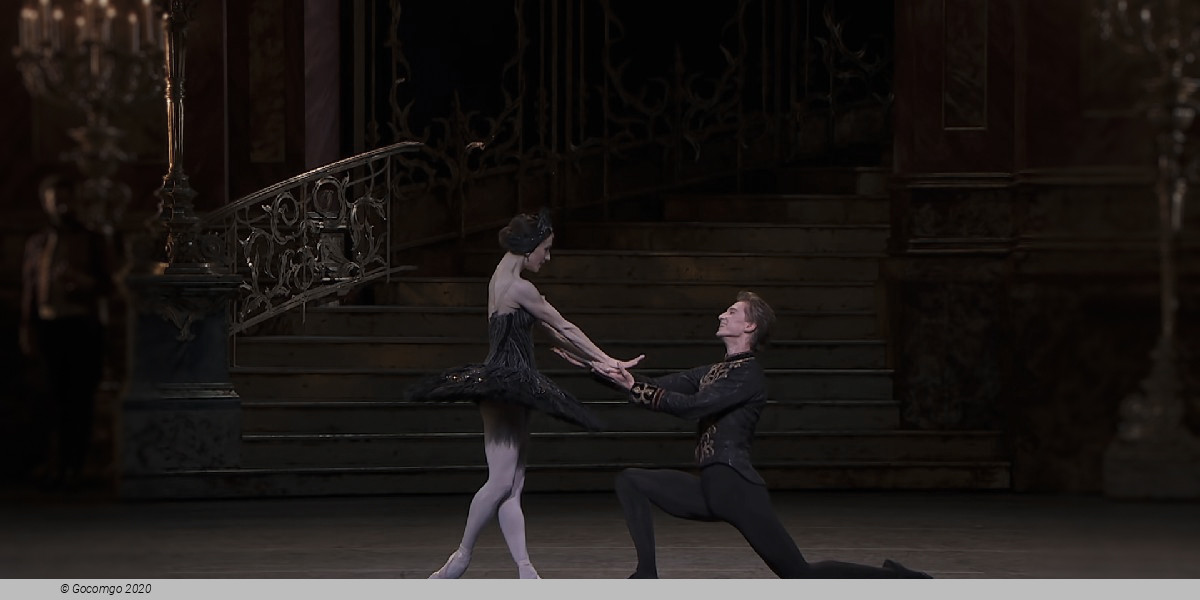
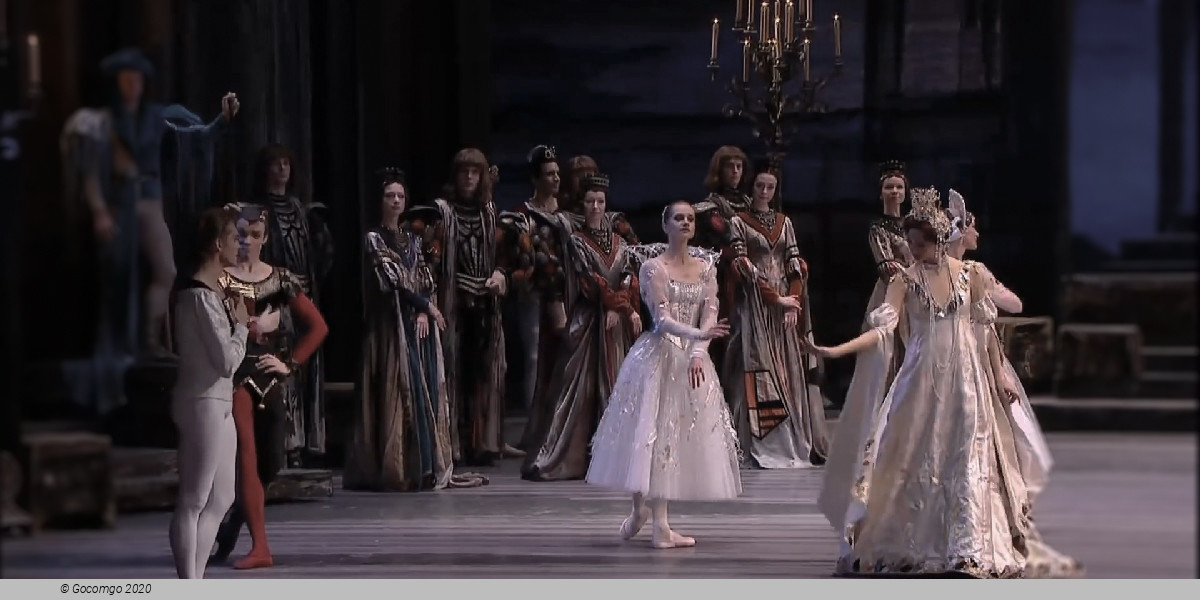
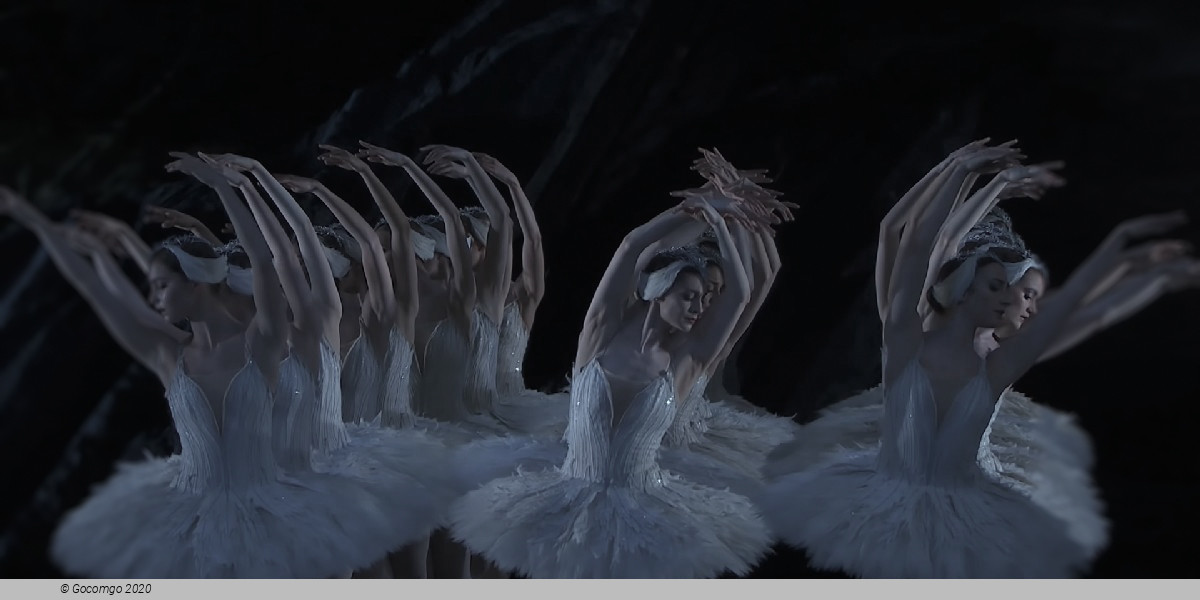
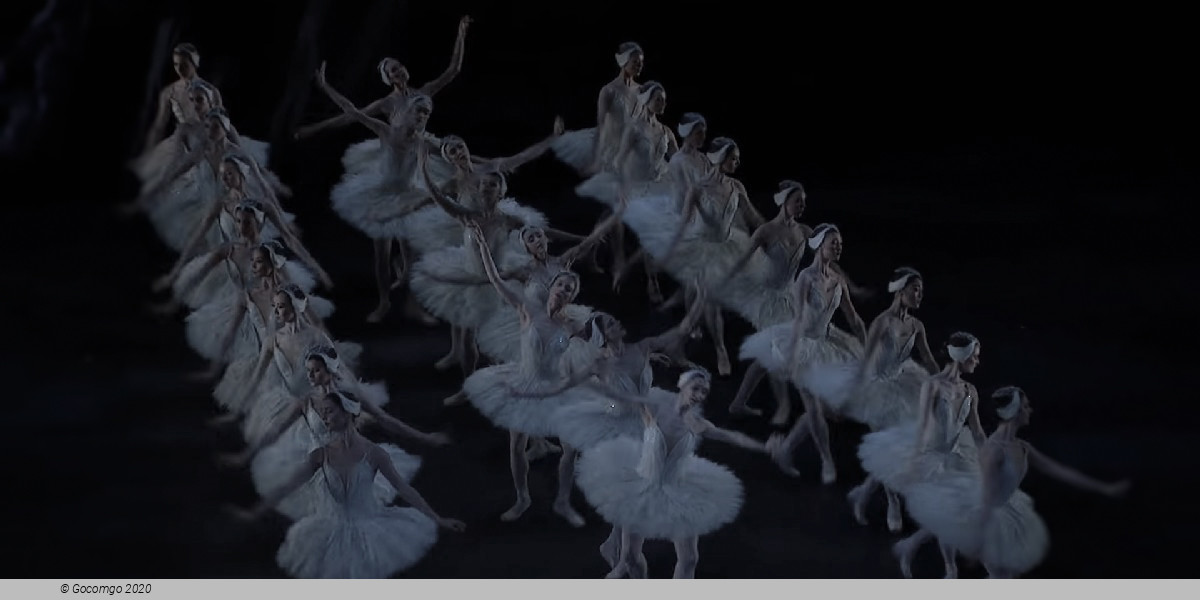
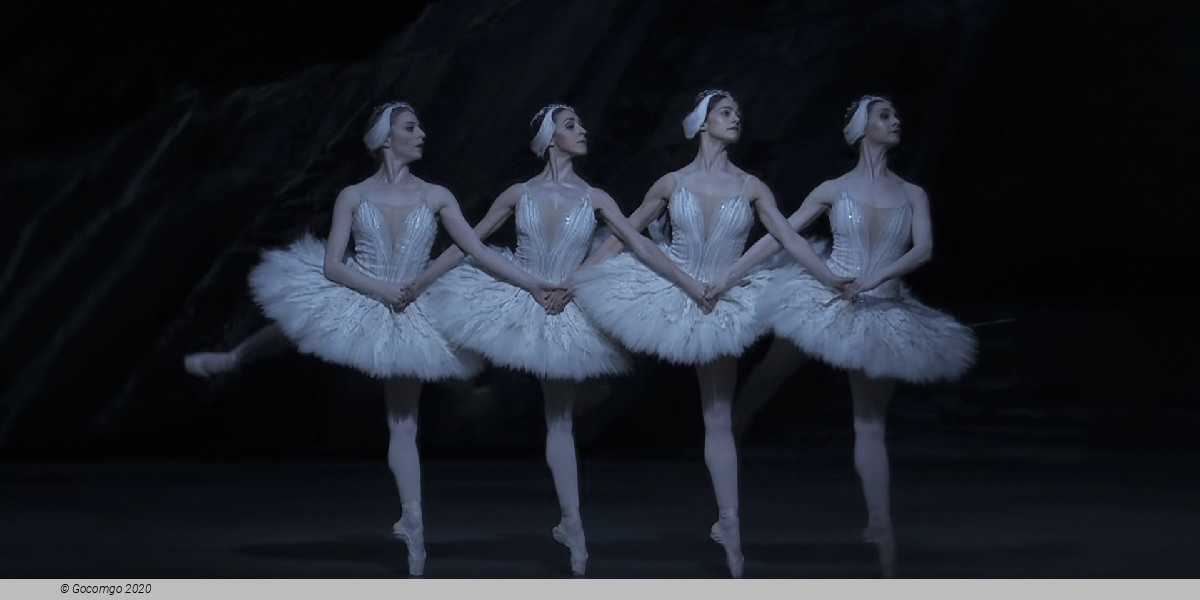
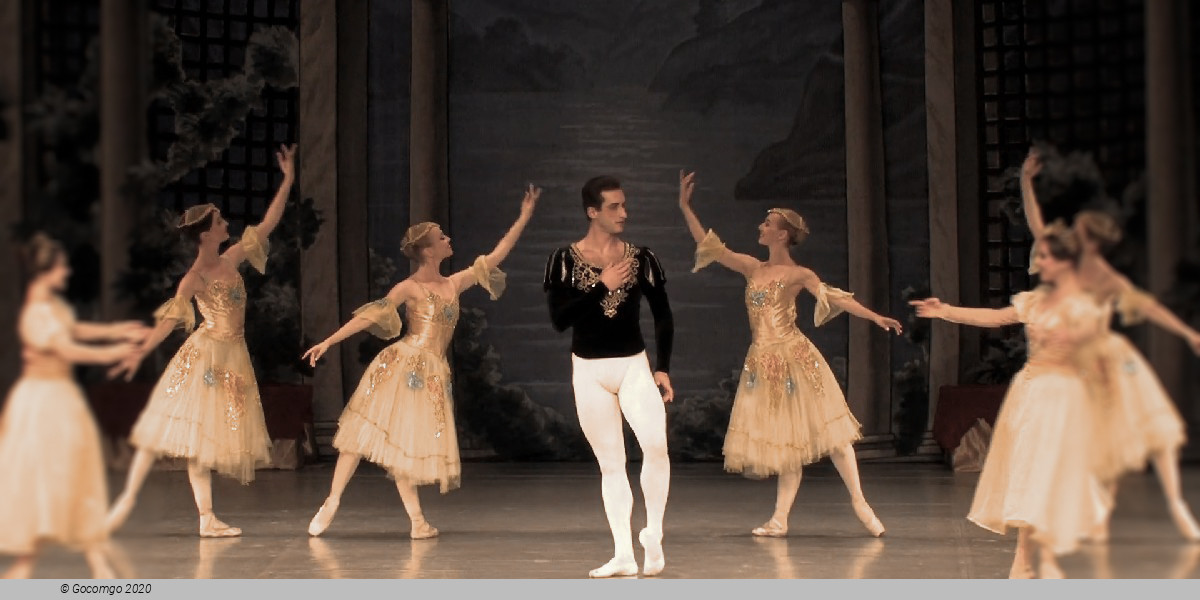
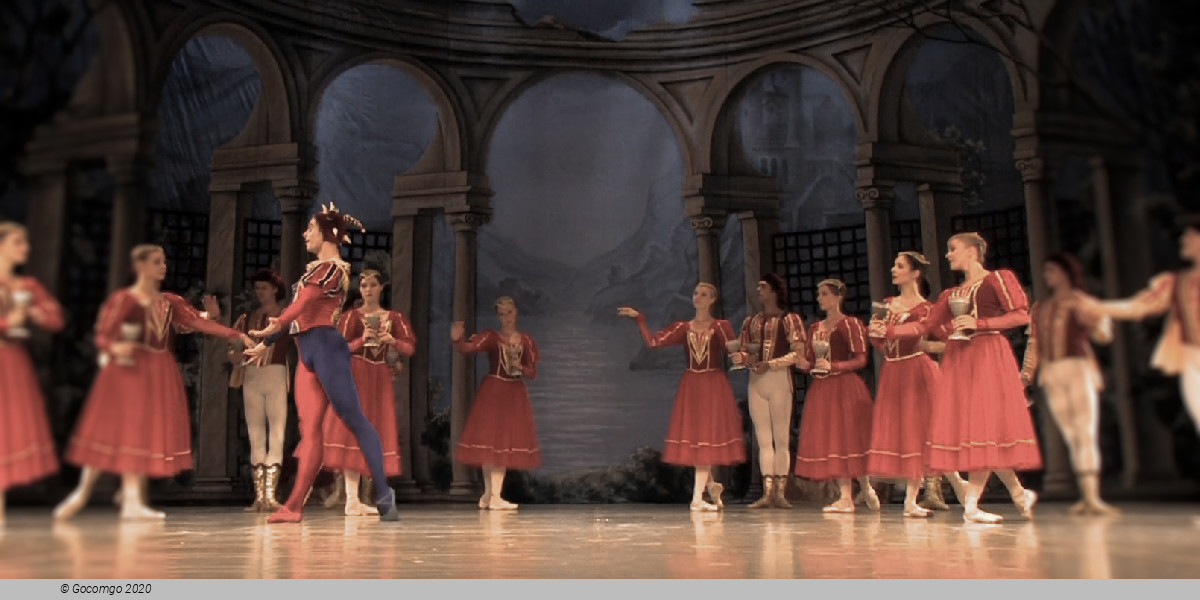
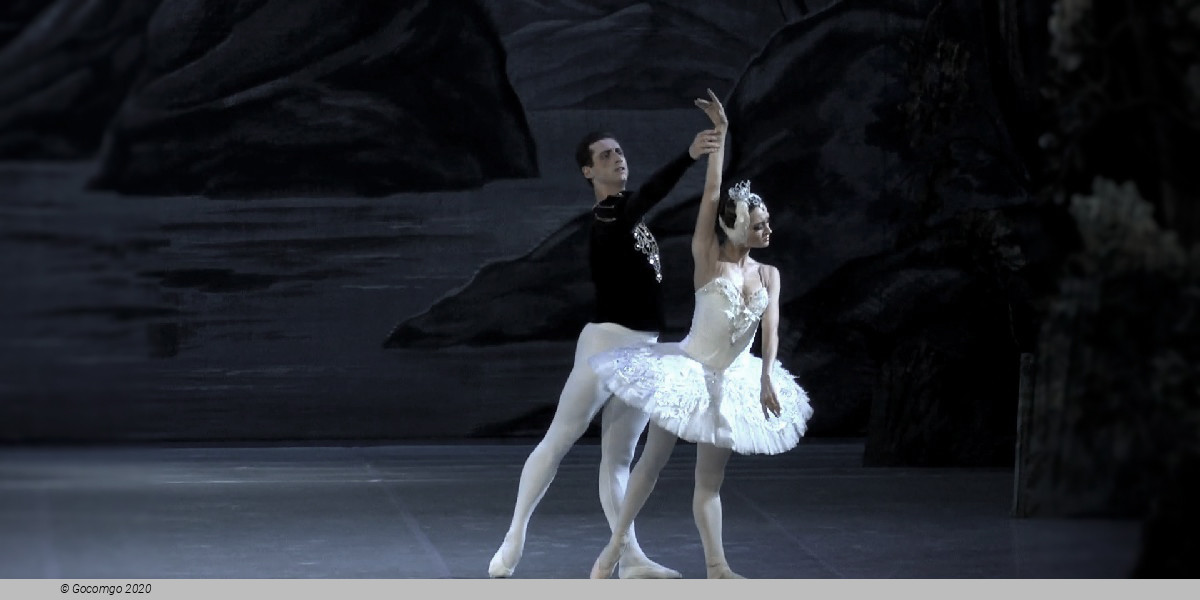
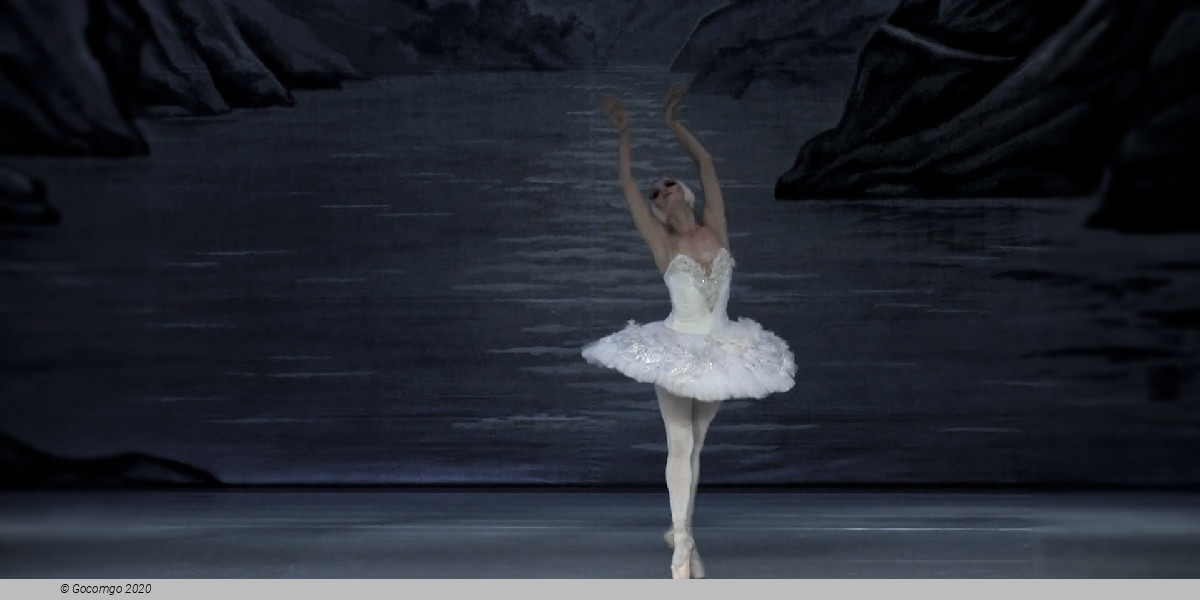
 No.1 Zhujiang West Road, Zhujiang New Town, Tianhe District
No.1 Zhujiang West Road, Zhujiang New Town, Tianhe District